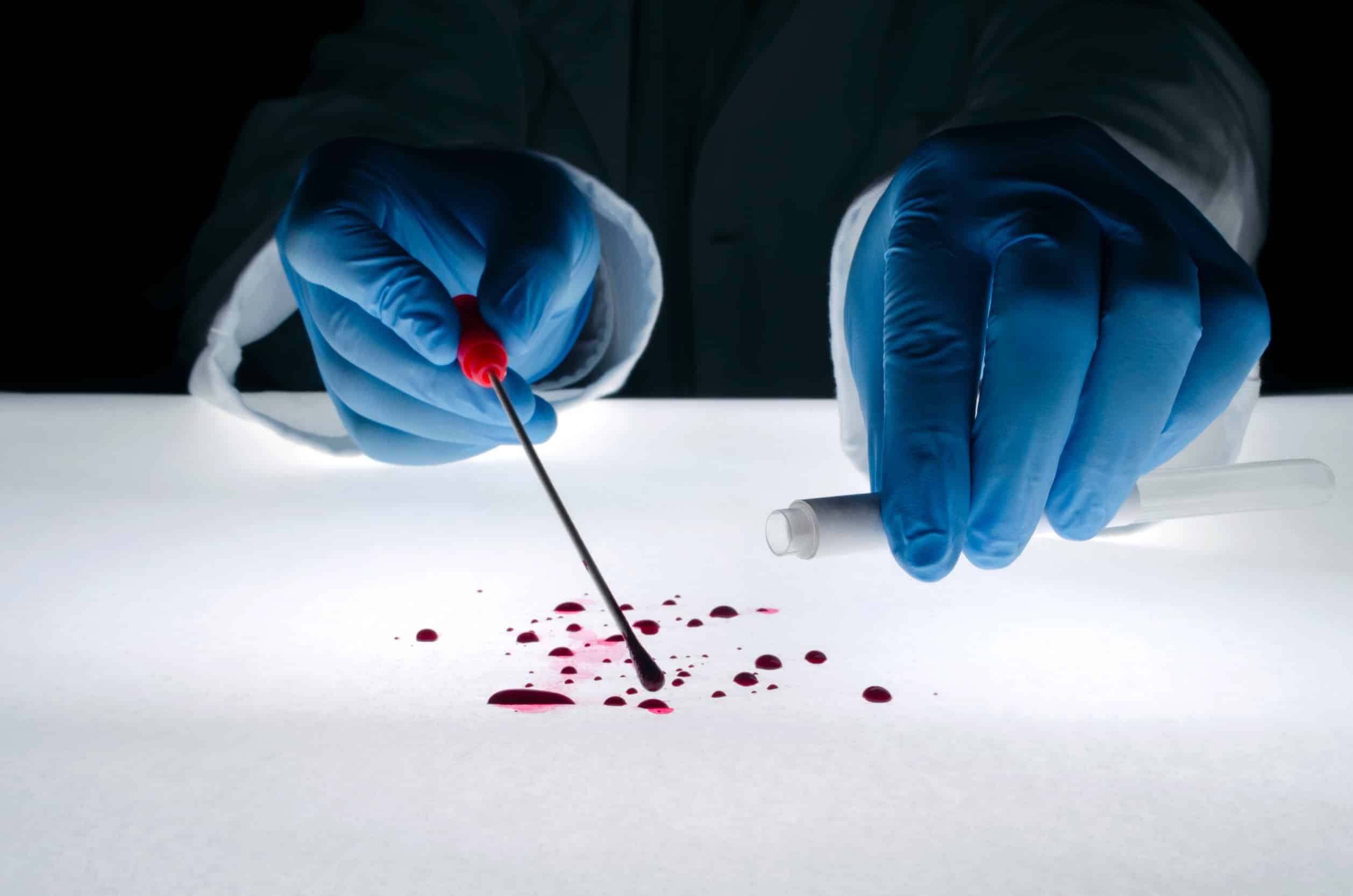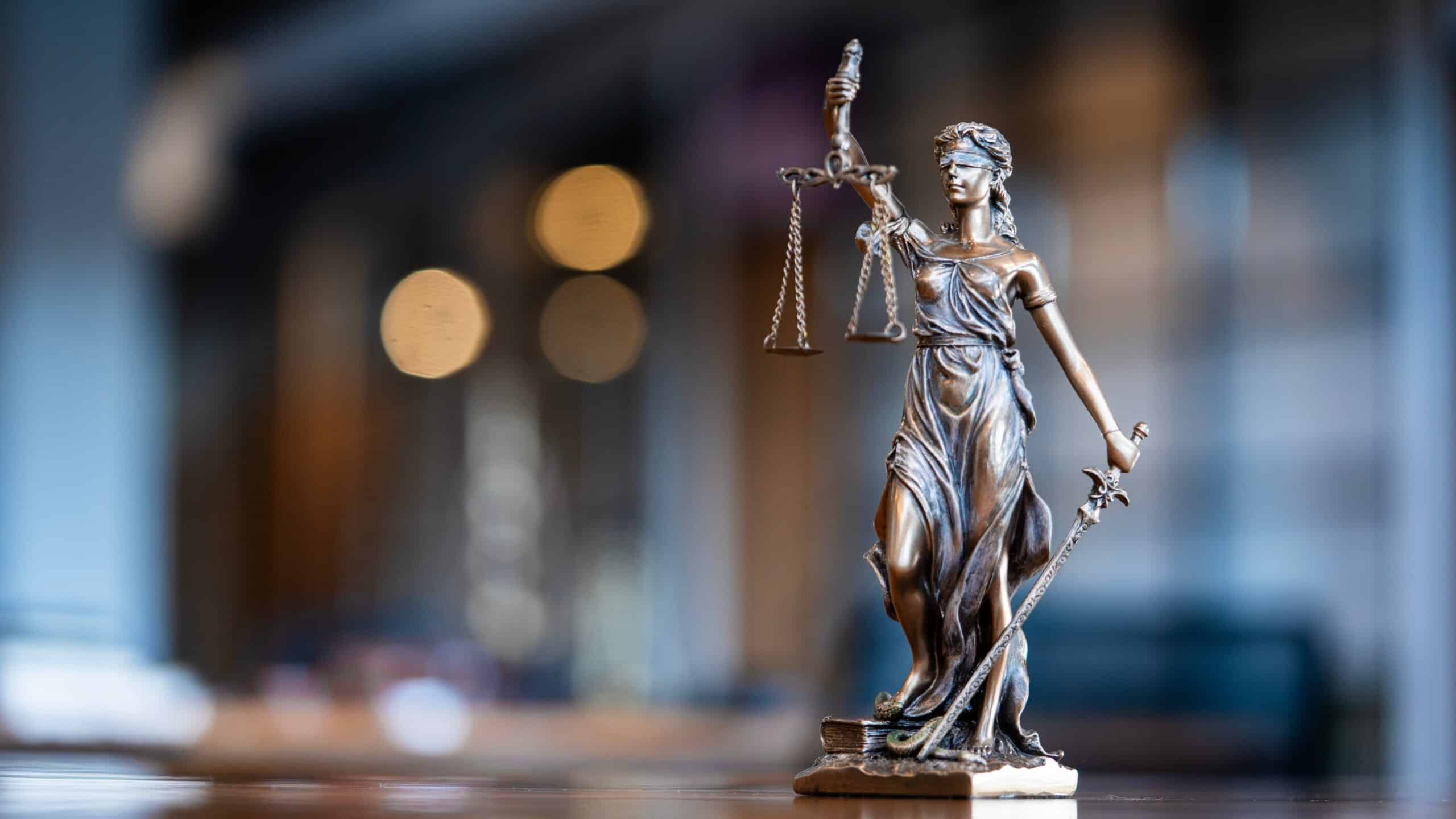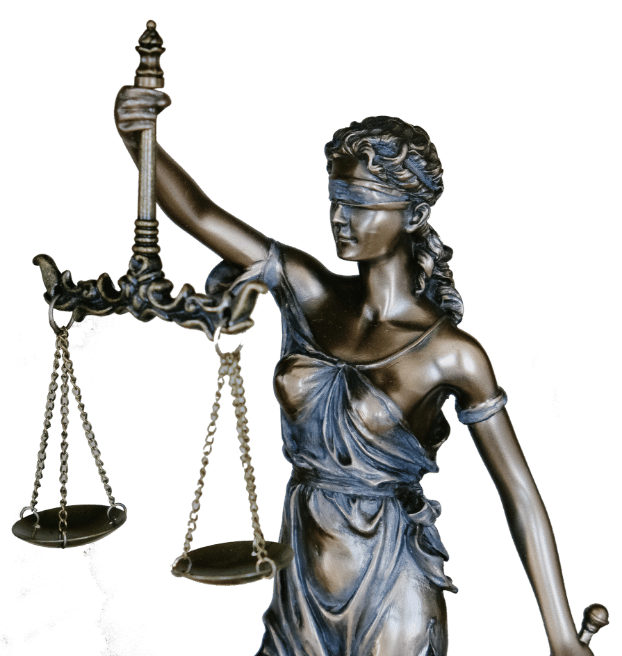Understanding Asset Forfeiture in Federal Cases: What Property Can the Government Seize?
Most people do not expect the Federal government to seize their property. Yet in Federal asset forfeiture cases, that is exa
Read More
Call 24/7 For A Free Consultation
Forensic evidence can often play a significant role in determining a person’s guilt or innocence in criminal cases. However, forensic evidence is not infallible and can sometimes be challenged.
In Houston, years ago, the Houston Police Department came under critical scrutiny when its Lab testing methodology proved unreliable. The City of Houston paid a nationally recognized outside expert to conduct an independent study of HPD lab techniques. The study revealed extraordinary faults in HPD lab testing.
Ultimately, in Houston, lab testing for drugs was found to be completely unreliable. Some Lab technicians were found to have engaged in a practice of not testing submitted drug substances. Instead, it was found that these lab technicians were simply making up or falsifying drug test results. As outrageous as it was, it occurred. The lab technicians were fired but none were criminally prosecuted. The lesson learned is that a criminal defense lawyer should never assume police lab testing was properly done. Innocent people have gone to jail based on manufactured drug test results.
Such cases should be approached critically and examined thoroughly to determine the validity and reliability of the evidence presented.
Robert J. Fickman Criminal Defense understands the complexity of forensic evidence and is committed to assisting clients in challenging such evidence when necessary. If you or a loved one is facing criminal charges, consult with Robert Fickman, an experienced Houston criminal defense attorney who can effectively challenge the forensic evidence presented in your case.
Forensic evidence comes in various forms and is often seen by juries as irrefutable “science.” However, these techniques are not infallible and can have their flaws. Some common types of forensic evidence used in criminal trials, including those formurder and homicide,include:
DNA evidenceis often considered the “gold standard” in forensic science. However, issues such as chain of custody or contamination can compromise the integrity of the DNA results. The handling and analysis of DNA evidence should be carefully examined to ensure its accuracy.
Fingerprints are often seen as a foolproof way to identify individuals, but subjective interpretation can lead to false matches. Challenging the reliability and accuracy of fingerprint analysis is essential in building a strong defense.
Ballistic evidence involves matching bullets to weapons. While it can be a useful tool in investigations, it is not always as accurate as presented. The interpretation of ballistic evidence can be subjective and open to challenge.
Toxicology reports analyze substances found in the body, such as drugs or alcohol. However, these reports can be skewed by sample mishandling or faulty lab analysis. Thoroughly reviewing the testing procedures and qualifications of the lab technicians is imperative in challenging the reliability of toxicology results.

Some forensic methods, such as blood spatter analysis, bite marks, hair microscopy, and fiber analysis, have been debunked or discredited by scientific reviews. When presenting a defense, it is essential to question the validity of these techniques and highlight their potential flaws.
Prosecutors may present these methods as exact sciences; however, they can be opinion-based and prone to human error. Challenging the reliability and accuracy of forensic evidence is one strategy used to secure a fair trial for the accused. Attorney Robert J. Fickman, a Houston criminal defense lawyer, is well-versed in refuting all of these methods.
Despite their critical role in criminal investigations, forensic labs may suffer from issues such as being overworked, underfunded, or biased toward law enforcement outcomes. Technicians, like any human, can make mistakes during testing, recording, or testifying. Moreover, there have been multiple scandals involving forensic fraud or lab misconduct in Texas and across the United States.
Additionally, some forensic techniques lack peer-reviewed scientific validation but are still admitted in court as evidence. Just because evidence appears “scientific” does not mean it meets the legal standard for admissibility. Understanding these limitations and potential issues with forensic evidence is critical in mounting an effective defense.

Robert J. Fickman Criminal Defense, has decades of experience challenging forensic evidence in court.
During the trial, Robert Fickman will aggressively cross-examine forensic witnesses to reveal the limits of their findings and challenge their conclusions. Our main goal is to create reasonable doubt by showing the jury that the science behind the evidence isn’t as solid as the prosecution claims.
As previously noted, there have been numerous cases where forensic evidence has been wrong or misleading, leading to wrongful convictions. Some examples include lab technicians reporting false drug test results.
These real-world failures underscore the importance of challenging questionable forensic methods and the need for a skilled criminal defense lawyer who can effectively challenge such evidence in court.
If you find yourself facing criminal charges based on forensic evidence, you should understand your rights. When it comes to forensic-based prosecution, you have the right to:
Robert Fickman can request a suppression hearing to keep flawed forensic evidence out of your trial. Do not simply assume that the prosecution’s “scientific” case is airtight, especially without legal representation that knows how to confront it.
Reach Out to Robert J. Fickman Criminal Defense.
Forensic evidence can be powerful, but it can also be wrong. If you are facing criminal charges based on lab results, expert testimony, or so-called “scientific” evidence, don’t leave your defense to chance.Contact Robert J. Fickman Criminal Defensetoday at (713) 655-7400 for a confidential consultation. We’ll review your case, challenge the state’s evidence, and fight to protect your rights and your future.

Forensic evidence can often play a significant role in determining a person’s guilt or innocence in criminal cases. However, forensic evidence is not infallible and can sometimes be challenged.
In Houston, years ago, the Houston Police Department came under critical …
For years in Harris County, Texas, indigent defendants were systematically denied personal recognizance bonds.
As they were indigent, they could not afford to hire a bondsman. As they were systematically denied PR bonds, they remained in jail.
Ultimately, this led …
If you or a loved one is charged in a Federal criminal case, it can be an incredibly challenging and stressful time. We always fight and try to find a way to win the case. Nevertheless, after weighing the evidence, …
Notifications